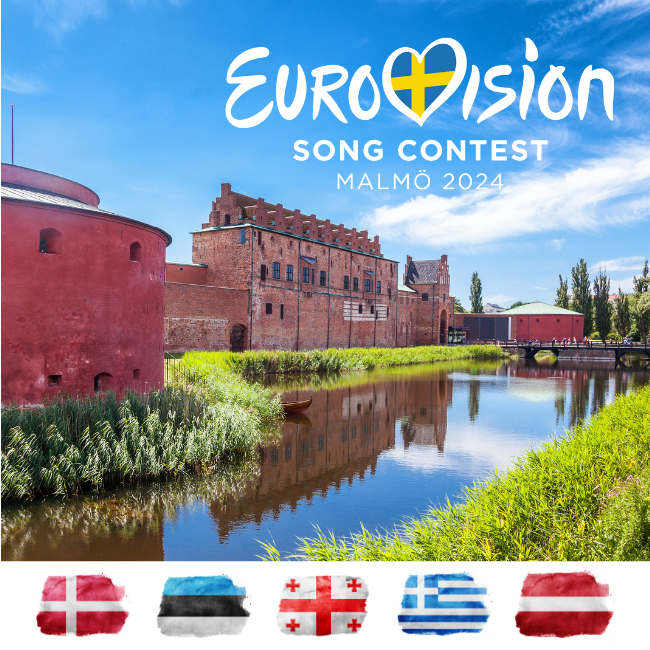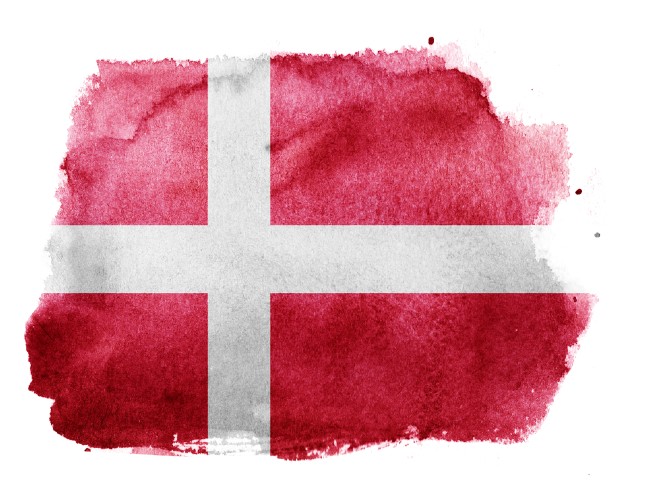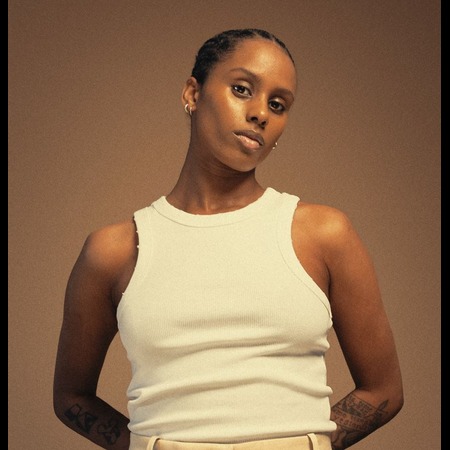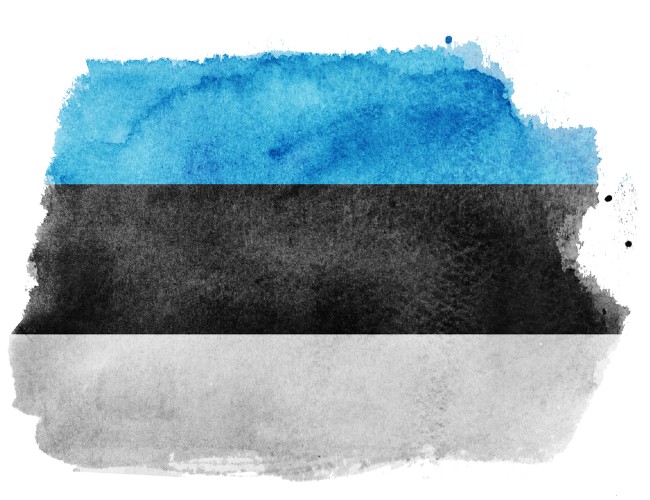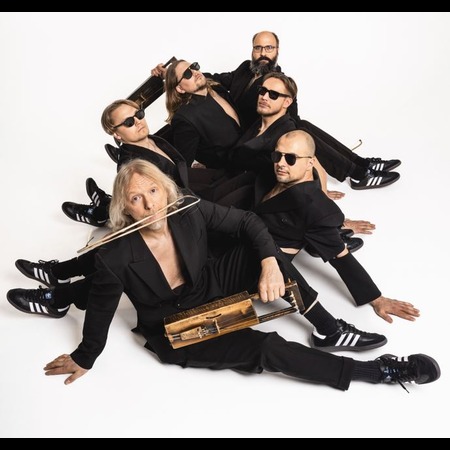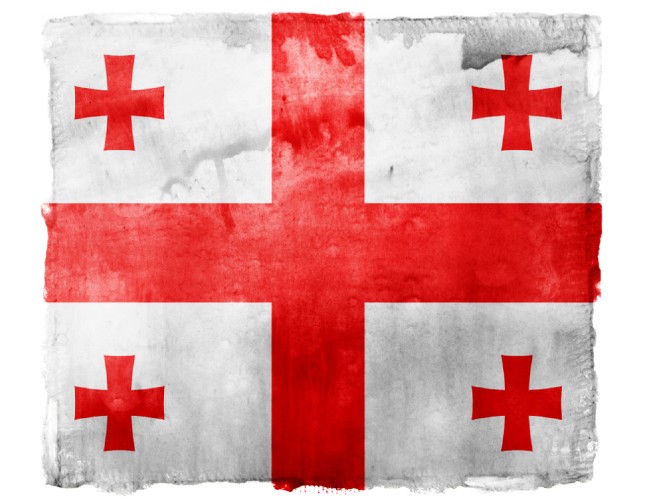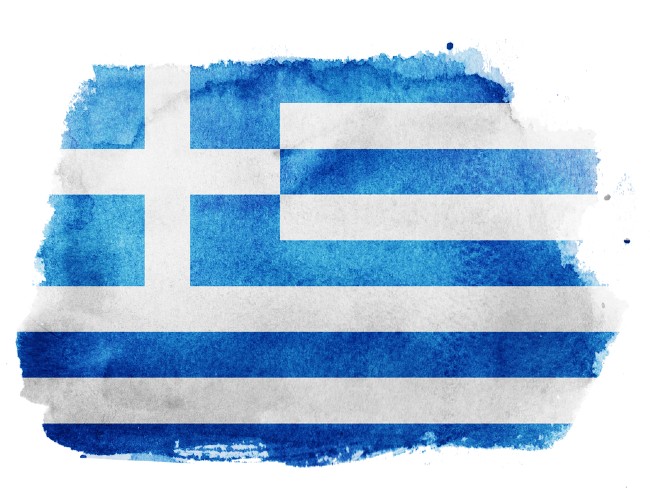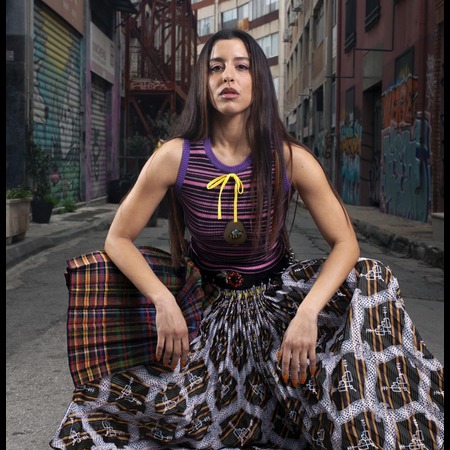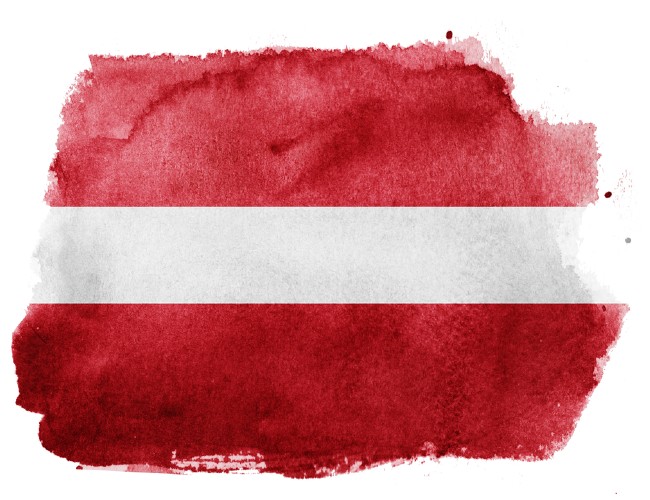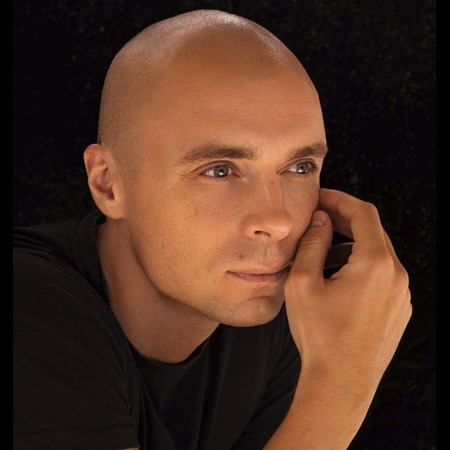What is the Eurovision Song Contest?
Started way back in 1956 as a way of drawing a fractured Europe back together with the healing power of music, the Eurovision Song Contest, or Concours Eurovision de la Chanson – the contest is telecast in both English and French – is open to all active members of the European Broadcasting Union, which oversees the competition.
Each country is permitted to submit one three-minute song to the contest – a song which is selected by a variety of means, usually a winner-takes-all competition such as Sweden’s renowned Melodifestivalen – which their selected entrant performs in one of two semi-finals in the hopes of making it to the glittering grand final.
Only six countries have direct entry into the grand final:
- The Big Five who fund most of the contest – UK, Germany, France, Italy and Spain
- The host country (which is the winner of the previous year’s contest)
In a change for 2024, the grand final six will now perform in full in the semi-final in which their countries are voting; so Germany, Sweden and the UK will perform in semifinal one while France, Italy and Spain will perform in the second semifinal.
The winner is chosen by a 50/50 mix of viewer votes (you cannot vote for your own country and for 2024, voting will now be permitted from the start of the grand final) and a jury of music industry professionals in each country, a method which was chosen to counter the alleged skewing of votes based on political and/or cultural lines when voting was purely the preserve of viewers at home.
Past winners include, of course, ABBA in 1974 with “Waterloo” and Celine Dion who won for Switzerland in 1988 with “Ne partez pas sans moi”.Above all though, the Eurovision Song Contest is bright, over the top and deliciously camp, a celebration of music, inclusiveness and togetherness that draws annual viewing figures in the hundreds of millions.
This year’s event
The Grand Final of the Eurovision Song Contest 2024 will take place in the Malmö Arena on Saturday 11 May with Semi-Finals on Tuesday 7 and Thursday 9 May. The 68th Eurovision Song Contest will be hosted by a Hollywood star and an iconic Eurovision-veteran; Malin Åkerman and Petra Mede will together lead the three broadcasts, live from Malmö Arena. Swedish broadcaster SVT, together with the European Broadcasting Union (EBU), will organise the Contest thanks to Loreen’s historic win in Liverpool in 2023. (courtesy and (c) Eurovision.tv)
THE ARTIST
It’s no secret that one-word stage monikers, preferably capitalised, are very much in vogue at the moment and SABA, Denmark’s representative for this year’s contest, has well and truly jumped on the bandwagon, plucking her stage name from her far longer full name, Anna Saba Lykke Oehlenschlæger, and throwing in some capitalisation for full effect.
A singer-musical theatre actor-model, SABA is a queer artist who only moved into music in 2023 when she took over the lead role in Hair from her pregnant twin sister, Andrea.
She’s certainly making up for any lost time now, not simply on the musical front where she’s clearly excelling – exhibit A … winning the Danish selection process for Eurovision, Dansk Melodi Grand Prix 2024 – but socially where she’s using her higher public profile to talk about important mental issues, inspired by her own diagnosis of bipolar I disorder in 2018 and hospitalisations in 2020.
She is committed to “making Malmö 2024 an inclusive celebration where she can represent many different people, and Denmark, in her own unique way” but will her chosen song “SAND” (yes, also capitalised) gain her the attention she needs to make the most of her chosen intent?
(courtesy Eurovision.tv)
THE SONG
There’s absolutely every chance that’ll happen.
“SAND”, which starts quietly but with building momentum, kicks into high gear not far into the song and while it has some more reflective moments, it maintains its highly danceable sound throughout.
But far from being an emotionally empty dance floor banger, “SAND” is invested by a clearly talented SABA with the sort of raw humanity that elevates it from just a song into a truly affecting performance.
It may not be as distinctively quirky a song as Switzerland or Croatia’s entries but the song has power and impact, so look for SABA and her stellar performance to place Denmark not only into the grand final but with a very chance of making substantial inroads into final placings too.
ESTONIA: “(nendest) narkootikumidest ei tea me (küll) midagi” by 5MIINUST x Puuluup
THE ARTIST
“Collaborate!” they said, and so they did!
Well, to be fair, no one knows if there was that many exclamation marks used but if you look at the quirky vivacity of 5MIINUST and Puuluup, then there’s a very good chance there was animated emphasis, enthusiastic agreement and engagingly fun mixing of styles and ideas.
Formed in Võsu in 2015, 5miinust – Kristjan Jakobson (Estoni Kohver / Kohver), Mihkel Tamm (Päevakoer), Karl Kivastik (Põhja-Korea / Korea) and Priit Tomson (Lancelot) – were once a five-piece until original member, Pavel Botšarov (“Venelane”) left for the imagined glories of a solo career (and inadvertently, missing out on a gigantic piece of pan-European promotion).
While they were together in their original incarnation, the group released two albums, Aasta plaat and Rämmar in successive years, had them both belatedly reach the top 20 in 2018 and recorded the third bestselling song of 2019, all while being awarded Artists of the Year not once but twice.
Who wanted to be a part of all that love and success?
Certainly, not Puuluup, a 2014-founded nu-folk (pop + rock + folk) duo comprising Ramo Teder and Marko Veisson who have a couple of albums of their own tucked away on their relatively sparse discography and who are about to release an entire album Kannatused ehk külakiigel pole stopperit (Suffering, or the village swing, has no stopwatch) with 5miinust in just a week’s time.
According to their official Eurovision bio, “the extremes of both acts’ music blend together seamlessly … [with] 5MIINUST … bringing the firepower to the collaboration, with plenty of bass … and Puuluup [contributing] some extremely rare wooden lyra (Talharpa) melodies with which to offer to the world a totally fresh soundscape.”
(courtesy Eurovision.tv)
THE SONG
There’s clearly a lot of talent and whizbang oddballness on offer here but does it all result in a captivating song?
Oh good lordy does it! “(nendest) narkootikumidest ei tea me (küll) midagi (We (do) know nothing about (these) drugs)” is a riotously full-on, hugely danceable – just try and stay seated! Watch for the stadium audience to be on their feet in SECONDS – song that surges with a huge sense of fun, bass-heavy vocals and a music that establishes incredible momentum from practically the first note and doesn’t let up through three fabulously batshit crazy minutes.
On one hand, it’s classic Eurovision, but on another, something fresh and cool, a breath of fresh air that manages to mix quirkiness and damn good musicality into one captivatingly listenable package.
They also have the performative chops to really make an impact so there’s no way on Earth that 5MIINUST and Puuluup won’t catapult themselves into the hearts of Eurovision fans everywhere, and thus into the grand final and a healthy top ten finish.
GEORGIA: “Firefighter” by Nutsa Buzaladze
THE ARTIST
The Eurovision Song Contest 2024 is not Nutsa Buzaladze first song contest rodeo, thanks you very much.
The singer-songwriter, also sometimes mononymously known as Nutsa according to Wikipedia, who started singing at five and began piano lessons at eight, kicked her contest-fest of in 2011 in Georgia’s Got Talent, went to three years to the Latvian New Wave Music Festival, which she won, and competed in the likes of The Voice of Turkey, Two Stars Georgia and the Georgian editions of Your Face Sounds Familiar and Dancing with the Stars.
She even acted as the vocal coach for singer Hadise when she competed in The Voice of Turkey so clearly Nutsa knows her way around a contest or two, and rather importantly, how to find success at them (how about second at Albanian song competition Kënga Magjike 2021? Yes, she did).
While she struck out on her run at Eurovision in 2017 – though barely; her song, “White Horses Run” placed her second – she’s made it this year and you can bet your Georgian Lari that Nutsa is going to give it her all this year.
(courtesy Eurovision.tv)
THE SONG
From the staging which even on the trailer looks brilliantly evocative and visually arresting, to a song with vocal and melodic presence to burn, Nutsa is going to make quiet the impact this year.
“Firefighter”, which was opened by Ada Satka and Darko Dimitrov, may not be the strongest song in some senses but what it might lack in overall impact, it has made up for up by Nutsa pouring heart and soul into her performance.
And that will make sure that Georgia places quite nicely in a very competitive semi final because if there’s one thing Eurovision voters love, and this reviewer counts himself firmly among them, its passion in impressive abundance.
One key point in favour of Nutsa is that rather than simply singing boxes lyrically and musically to offer a Eurovision-typical song, she’s moulded the song into something authentic which will connect with people and help her and the country to do very well.
GREECE: “ZARI” by Marina Satti
THE ARTIST
As a contest devoted to unity through music, it’s not surprising that one thing Eurovision has always excelled at is synthesis of musical and cultural traditions.
That’s one thing that Greece’s 2024 representative, Marina Satti, knows more than a little something about with her career built on what her Eurovision bio calls “a unique sound that combines the different musical traditions she grew up with, such as Greek, Arabic and Balkan”.
All of which means that Satti, who has represented Greece before at the European Broadcasting Union’s Euroradio Jazz Orchestra and sung at the at the John F. Kennedy Center in Washington with the World Jazz Nonet, is not easy to musically pigeonhole.
In a world of obvious musical markers, that’s a huge plus, with Satti, who’s as likely to fire up some classical music thanks to her training there or Björk, able to leap in all kinds of highly pleasing directions.
Long-term careers are made of chameleon athleticism such as this, and Satti is no doubt hoping success at Eurovision too.
(courtesy Eurovision.tv)
THE SONG
Her song “ZARI”, which has a case of the rampant 2024 capitalisations, is everything you’d expect from an artist of such musical versatility.
She kicks off with distinctly traditional elements, melodically and vocally, before throwing in some beat-heavy electronica, all of which creating a beguilingly alluring mix of the old and new and a song that dives and darts in some very cool lo-to-mid-fi directions.
It never builds up a massive head of steam but then it never has to, with all the various musical flourishes and vocal beauty give it an arrestingly low key but noticeable presence all its own.
Whether that’s enough for it to really catapult Greece into the grand final with some other “LOOK AT ME!” songs screaming at the top of their performative lungs is another thing entirely, with the odds a 50/50 bet either way and likely all down to Satti’s on-stage presence.
THE ARTIST
If you are familiar with the Latvia music scene, then you’ll know that Dons aka Artūrs Šingirejs is one of the biggest artists of the last decade.
A singer-songwriter known for bringing the emotion and the power – which would make a great post-Eurovision album title; you’re welcome, Dons – he has eight albums under his belt and a slew of awards including winning Latvijas Radio’s Muzikālās Banka (lit. ’Musical Bank’) Song of the Year five times.
He’s won Best Rock Album and Best Pop Album twice and is Song of the Year five times wasn’t enough, and when is it really, won the Latvian Music Recording Awards’ Top Radio Hit award eight times for most played song.
Clearly the man who, says his Eurovision bio, “draws profound inspiration from compelling, soul-stirring melodies” – apparently too when writing songs, he and his collaborators share “a unanimous sense that they had crafted something truly magical” which is rather lovely – is used to win lots and all the things so making an impression at Eurovision should be a walk in the musical park?
(courtesy Eurovision.tv)
THE SONG
Quite possibly, especially given the fact that his previous two attempts to represent Latvia at Eurovision only failed by a sliver with second placings in 2010 (“My Religion is Freedom”) and 2014 (“Pēdējā Vēstule”).
His song, which naturally he cowrote, is all captivating bombast and emotional intensity, and while it sounds somewhat cookie-cutter, it also has the very real capacity to be a stand-up moment at this year’s contest.
It builds and builds, aided by all indications by an army of Dons clones, from quiet and meditative and thoughtfully emotional to something that has passion woven into every note and word.
This is one song that will rise above it more formulaic elements bu virtue of Dons giving it his all on stage which history would suggest he is more than capable of doing and doing brilliantly.
Watch this space …
Want to take a look at the host city courtesy of major Eurovision blog site Wiwibloggs? You’ve got it!
